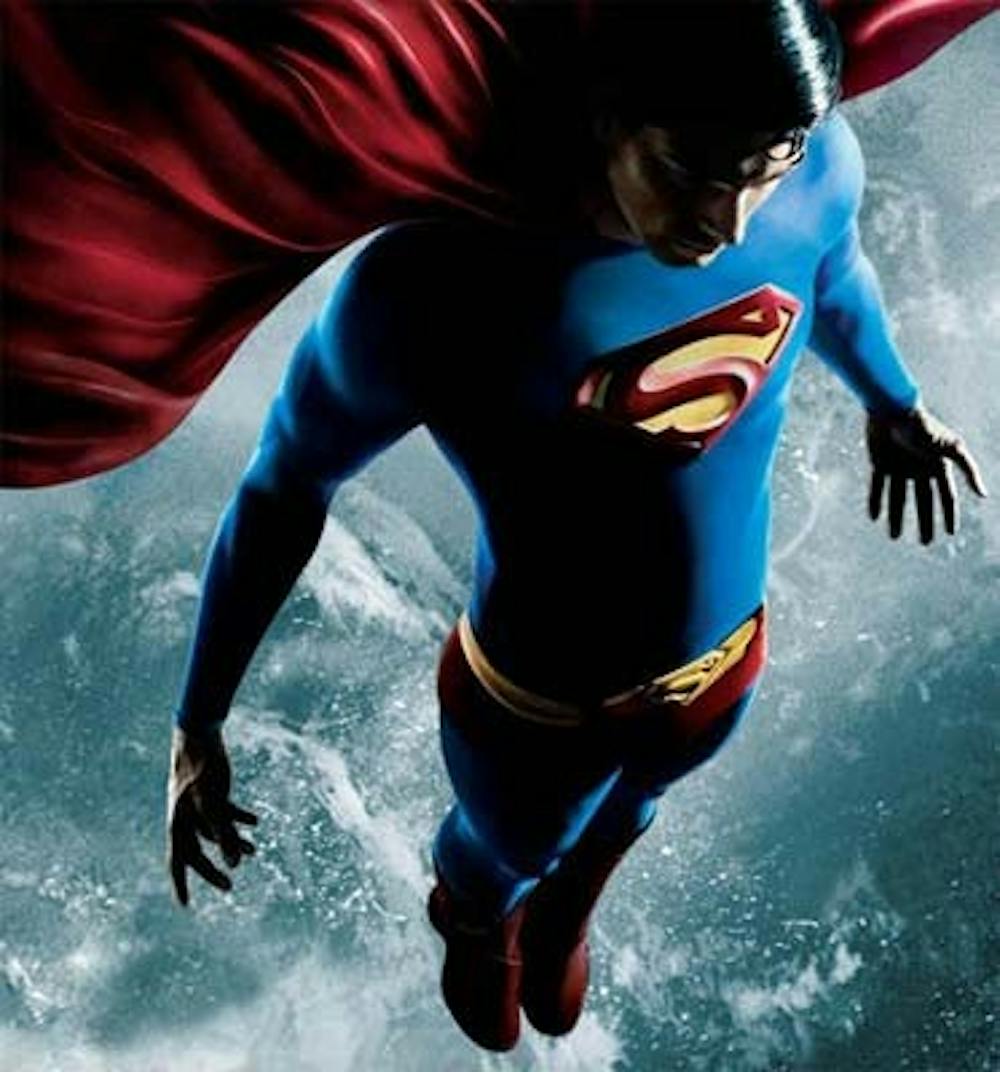Superman’s alter ego is making the front page for a change, and not just in the fictional world of D.C. Comics.
America’s most famous fictional mild-mannered reporter captured headlines this past month when he decided to stop writing them.
As of issue 13 in the newly re-launched ‘Superman’ series Clark Kent, Daily Planet journalist of over 70 years, has quit — and in not so mild fashion.
“The truth is that somewhere along the way, the business of news became the news,” Kent said to the newsroom with glasses off and fists clenched, drawn more like Superman squaring off against an arch-nemesis than his usually meek secret identity.
“Growing up in Smallville, I believed that journalism was an ideal, as worthy and important as being a cop, a fireman -— a teacher or a doctor.
I was taught to believe you could use words to change the course of rivers — that even the darkest secrets would fall under the harsh light of the sun.”
“But facts have been replaced by opinions. Information has been replaced by entertainment. Reporters have become stenographers. I can not be the only one who is sick at the thought of what passes for the news today,” Kent said.
The modern world of journalism is changing.
Major media outlets are being bought up and absorbed into business publishing conglomerates.
Free web presence and mass targeted advertising have become essential to survival.
How interesting, and yet ironic, to hear such a dramatic criticism come from a work of fiction, and of all forms, a comic book, long reduced to “children’s entertainment ‘in the eyes of’ ‘legitimate publications.”
That is exactly why we heard it.
Exactly why Clark Kent’s words have been syndicated more at the end of his fictional career than ever before.
Exactly why recognized journalists throughout the news media, long comfortable behind producer and editing desks, have railed against the man of steel in numerous op-eds and interviews.
Clark Kent, in true superhero fashion, was brave enough to say what the rest of us never could.
The truth can be frightening to behold.
It can create or destroy, each as easily as the other. The truth is the reason journalists across the world are censored, imprisoned or killed.
The reason they are bought, paid for and silenced.
In America, it can be reason to become unemployed.
Maybe fear has taken ahold of the lifeblood of journalism, like some evil enemy bent on the destruction of a hero.
Fear of the Internet, of political-correctness, of shrinking subscriptions and “a dying medium.”
As journalists, we cannot be afraid to say “maybe,” in the search for truth, and in doing so, we cannot be afraid to share what we find — even if it only looked like fiction at first.
We trust journalists to be the watchdogs of society. The existence of the free press our founders envisioned depends on the ability of the free to press, without the bonds of business or political agendas.
Kent goes off to finish his dramatic monologue by saying he is going to stand up for “truth, justice and as cliché as it sounds, the American way.”
Superman has long saved the world from every threat imaginable, and we have always been happy to fly with him on the journey.
If we stand behind him this time, he may just do it for real.



The Slate welcomes thoughtful discussion on all of our stories, but please keep comments civil and on-topic. Read our full guidelines here.